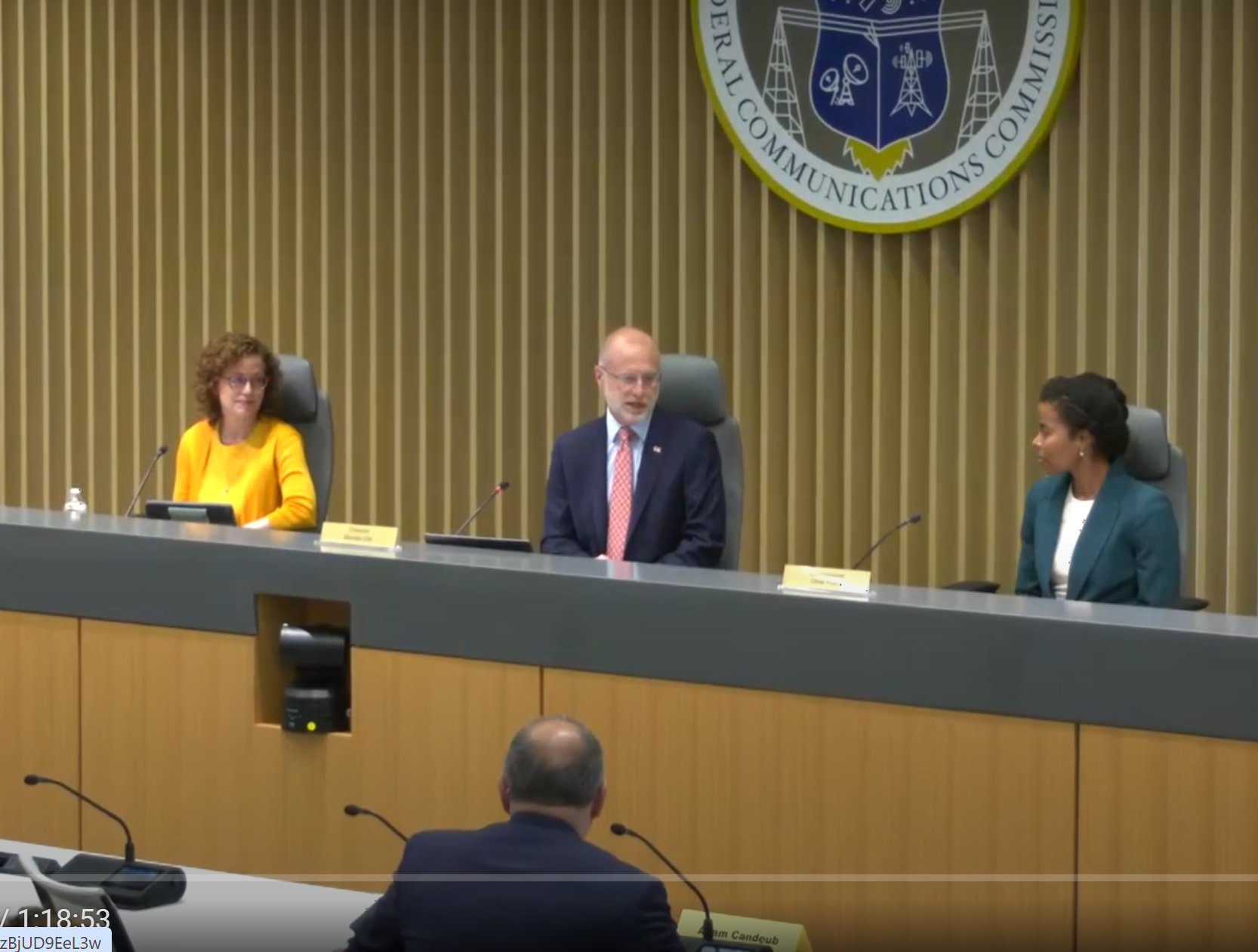GlobeCast Lends Hand To Disaster Coverage
Editor's note: During the first moments of last month's terrorist attacks on New York and Washington and for several days after, GlobeCast was one of the core suppliers of news facilities to media gathered from around the world to cover the disasters. We asked its President and CEO, Robert Behar, to give us an insider's view of how the company pulled together technical resources to bring the breaking news from "Ground Zero" to the world. On the morning of September 11, 2001, GlobeCast found itself at the epicenter of one the biggest stories news media has ever encountered: the terrorist attacks on the World Trade Center and the Pentagon. With major satellite and fiber transmission facilities in New York and Washington, DC, GlobeCast's team of production coordinators, engineers, sales and booking personnel went to work to ensure immediate newsgathering capabilities for the onslaught of media covering the event.
We have more than 40 professionals in our New York and Washington-based facilities. Thankfully, our employees were safe and accounted for. They were dealing with all of the pain and uncertainties that accompany such disasters and yet they hunkered down and moved into overdrive to ensure that the world's media could bear witness to this unthinkable horror. I was so proud of how our team pulled together in this time of crisis.
From the moment the news broke, GlobeCast's booking center in Los Angeles notified the company's 30 teleports worldwide that GlobeCast was operational and open for business. We established a dedicated communications bridge to connect the company's technical operations centers in New York, Washington, Miami, Los Angeles, and Salt Lake City, expressly to procure and coordinate the whole range of newsgathering facilities, including mobile trucks, production crews, and satellite capacities. The company's sales and marketing offices across the U.S. were connected, as well as its key booking centers in Europe, Africa, Asia, and Australia. Within hours, we had stand-up positions secured near the Pentagon and then soon following in New York. The difficult task was to get the trucks into Manhattan, because all vehicle access coming into the island had been cut off. We immediately sent our fleet to Liberty State Park across the Hudson River from lower Manhattan and positioned two trucks and a camera crew there. The site provided a haunting, although necessary, view of the Manhattan skyline. We sent equipment via subway across the Hudson-whatever it took to mobilize resources. New York was under tight security, but we were soon able to establish a standup and playout position on the West Side highway just up from "Ground Zero."
The task was daunting. We were inundated with requests from across the globe, so our sales and marketing offices joined the booking team to maintain a round-the-clock response team dedicated exclusively to managing services for the disaster coverage. This enabled us to quickly augment our human resources for booking without sacrificing the teams needed to maintain our full-time network business. Night would fall in New York when our team in Australia would call in with their new requests for the day. We kept news desks of major broadcasters updated worldwide via a special mass email service through which we could quickly notify them of each and every change or augmentation of service.
Our client roster read like a who's who of the world broadcasting industry: BBC, ITN London, TF1 France, CTV Canada, Telefe Argentina, BskyB, Net 7 Australia, Bandeirantes Brazil, TQS Sports Canada, Radio Colombia Nacional, in addition to American broadcasters such as ABC and Univision.
In lower Manhattan, cell phone service was spotty at best due to the huge loss in communications capabilities in that area. Our team negotiated with nearby apartment owners to allow us to string lines to connect to their telephone jacks. We knocked on doors to get vehicles moved for our trucks. We did whatever it took to get these broadcasters connected and on the air. Now the story has moved to Pakistan, and GlobeCast has two stand up positions in place offering production, playout, and transmission from Islamabad and Quetta. In spite of all of the tragedy, this event brought our team closer together and strengthened our commitment as a company.
The professional video industry's #1 source for news, trends and product and tech information. Sign up below.
